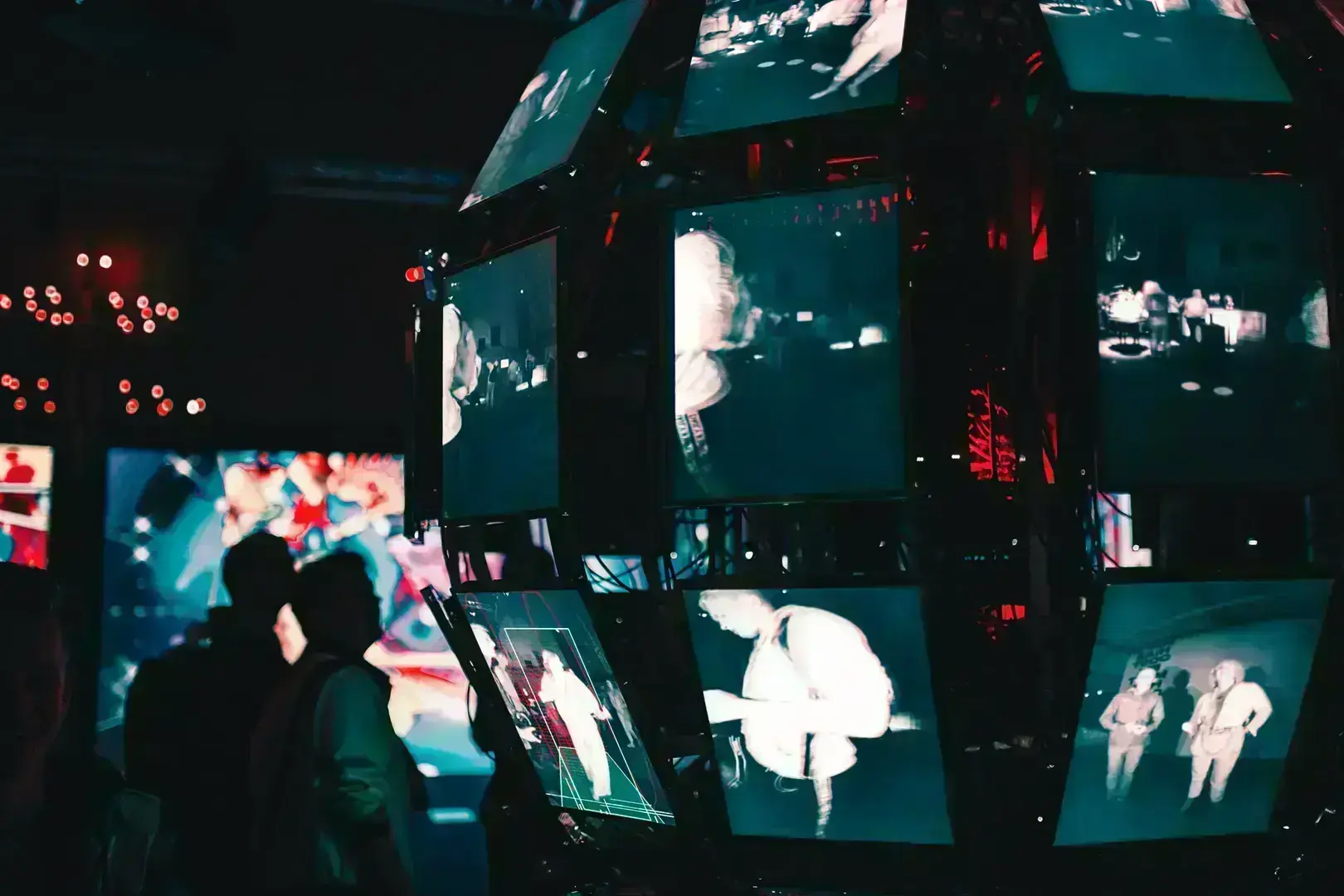
Breaking down technology’s subservience to culture
The 'chicken or egg dilemma' in technology versus culture highlights their intertwined influence- technology shapes society's behaviors and needs, while cultural and social factors drive technological adoption and innovation.
‘Chicken or egg’ causality dilemma
The idea of technological determinism, in particular, reinforces the notion that we can envision our future through the current technology that exists in the world. This belief sides with the notion that technology has played a big part in influencing society and culture today; for instance, there is a common perception that the introduction of the internet has changed how people behave across the globe. Even more transformational is the smartphone, allowing us to connect with others or gain information instantaneously, 24/7, anywhere in the world.
Similar to the ‘chicken or egg’ causality dilemma, it has recently become commonplace in tech circles to debate whether technology has influenced our culture today or whether culture has influenced the technology that exists today.
In June, we took part in Collision from Home, an online technology conference designed to engage with some of the world’s most influential companies and fastest-growing startups. Eshan Ponnadurai, Global Head of Brand & Consumer Marketing at WhatsApp, broke down the relationship between technology and culture.
Today, the majority of Americans believe that technology has made COVID-19 significantly more straightforward to deal with. This is through the use of tools such as Zoom, the ability to continue education online, and even online graduation ceremonies or marriages. Technology has thus allowed us to digitise incredibly personal and sacred moments, and Covid-19 has only helped to amplify this.
We have also become increasingly reliant on technology. Studies show that the average smartphone user checks their phone around 58 times a day. Not only this but it has also been shown that when a person receives a phone notification, their body creates a dopamine response, clearly making us more reliant and dependent on technology. Some experts even argue that the notion of synthetic reality – the way we portray ourselves digitally to put forward a better version of ourselves – has started to pervert our perception of ourselves.
All of this reveals how our society may be increasingly shaped by the technology around us. As humans become more dependent on technology in their everyday lives, there is less of a chance of us reverting to a way of life that existed before the introduction of modern-day technology. However, this is just one side of the argument.
What matters is not the technology but the social or economic system in which it is embedded
Many experts out there would argue that culture influences technology. Their understanding of society is that no technology would be adopted if there was not already a genuine need or desire created for it through changing dynamics and cultures within society. Covid-19, for example, revealed that there was still a significant gap in society for a host of new technologies and products that currently do not exist or were previously limited. For instance, throughout this pandemic, music artists have been unable to perform live concerts, so they have instead taken to performing on Instagram live streams, which have increased live stream use by 70% as a result.
The belief is that what matters is not the technology but the social or economic system in which it is embedded. Technology, therefore, means very little if people are not socially or economically ready to adopt it. A very famous example of this is the first race to the moon; a cultural fascination with space and the moon, as well as a political drive to get the first country up there, led to a sudden push to create the technology that would allow this to become a reality.
Additionally, it is often evident when a culture or community finds itself in need, and technology is then created as a result of this need. For instance, Hip Hop, a popular music genre, was created as a result of those in economically deprived neighbourhoods taking the ordinary turntable and, instead, due to a lack of money, reconnecting it in a new way, which created the modern-day DJ table. Furthermore, Hip Hop also gave rise to recent fashion trends such as wearing sports shoes (‘sneakers’) as fashion pieces, so much so that it led the way for stocks and similar e-commerce companies to dominate the e-commerce space and become a multi-billion dollar company.
Technology and culture have become increasingly intertwined
It is evident that whichever way you look, technology and culture have become increasingly intertwined and have come to influence each other. Technology can change how we behave, often making our lives easier and having the capability of changing society for the better; however, user adoption is crucial, and this would not happen without a pre-existing desire within society. Ultimately, it is clear to see that technology is a tool that has incredible potential to serve us and unlock our collective potential.

Contact us.
If you need a partner in software development, we're here to help you.
We will respond to your enquiry immediately.